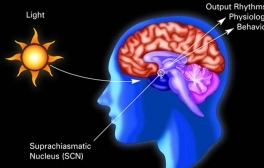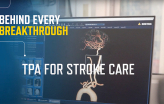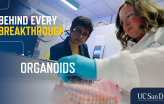Father’s Life is Saved after Receiving Heart, Kidney and Liver Transplant
After a rare disease caused organ failure, UC San Diego Heath transplant teams performed a heart, liver and kidney transplant on a patient. The surgery is a first for UC San Diego Health and a first in the nation to use three organs from a donor after circulatory death.















